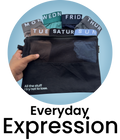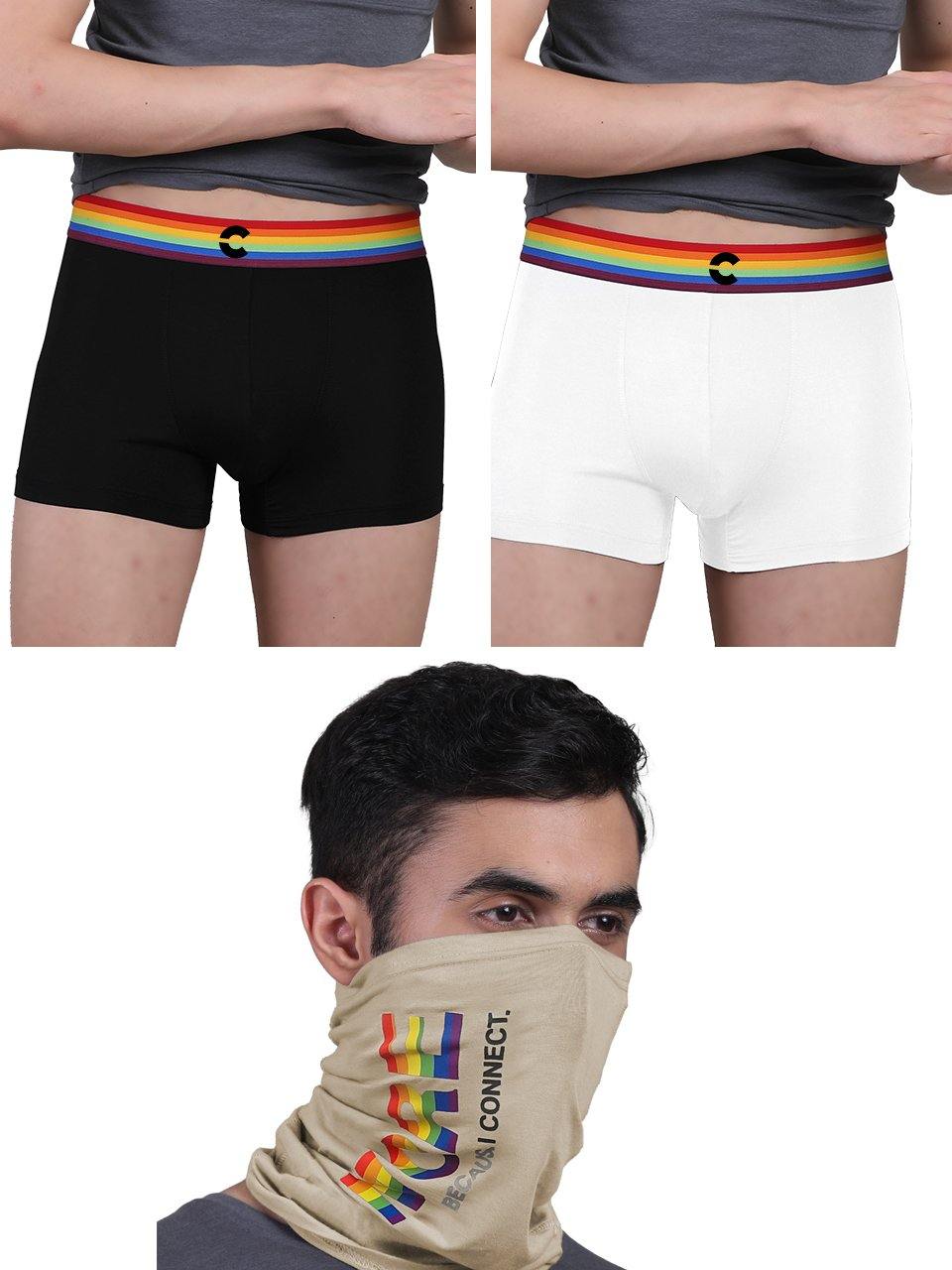Ever wondered why that favorite tee feels like a well-worn hug, yet holds up wash after wash? We're diving deep into the science and art behind crafting t-shirts from soft cotton and durable fabric. Forget fleeting fashion fads; we're exploring the enduring appeal of quality tees, from the long-staple fibers that minimize pilling (a growing consumer concern highlighted in recent textile reports) to the weave structures that balance breathability with resilience. We'll unravel the nuances of ring-spun versus combed cotton and consider the impact of sustainable sourcing, a crucial aspect given the increasing demand for eco-conscious apparel. Prepare to become a connoisseur of comfortable and long-lasting tees.

The Enduring Appeal of Cotton in T-Shirts
Cotton has been a staple fiber in textiles for millennia. Its reign continues in the world of t-shirts. Its popularity stems from a unique combination of inherent properties that make it ideal for everyday wear. These properties include softness, breathability. Absorbency. Cotton fibers are naturally soft and gentle against the skin, contributing to the overall comfort of a cotton t-shirt. The porous nature of cotton allows air to circulate, keeping you cool and dry by wicking away moisture. This breathability is especially crucial in warm weather or during physical activity.
Understanding Different Types of Cotton
Not all cotton is created equal. Various types of cotton are used in t-shirt manufacturing, each with its own characteristics and price point. Here's a look at some of the most common:
- Upland Cotton: This is the most widely produced type of cotton, accounting for the majority of cotton used in t-shirts. It's relatively inexpensive and offers a good balance of softness and durability.
- Pima Cotton: Pima cotton is a higher-quality variety known for its long fibers, which result in a softer, smoother fabric that is also more durable and resistant to pilling.
- Egyptian Cotton: Often considered the gold standard of cotton, Egyptian cotton also boasts extra-long fibers, creating a luxurious feel and exceptional durability. It is primarily grown in Egypt and is typically more expensive than other types of cotton.
- Organic Cotton: Organic cotton is grown without the use of synthetic pesticides, herbicides, or fertilizers. This makes it a more sustainable and environmentally friendly choice. It can be upland, Pima, or Egyptian cotton grown using organic farming practices.
- Recycled Cotton: Recycled cotton is made from pre- or post-consumer cotton waste. It is a sustainable option that reduces waste and conserves resources.
The Durability Factor: Weaving and Knitting Techniques
While cotton itself is a relatively strong fiber, the way it's woven or knitted significantly impacts the durability of a t-shirt. Here are some common techniques:
- Jersey Knit: This is the most common knit used for t-shirts. It creates a soft, stretchy fabric that drapes well. But, jersey knit can be prone to stretching and losing its shape over time, especially with thinner cotton.
- Rib Knit: Rib knit fabrics have vertical ribs that provide greater elasticity and shape retention compared to jersey knit. They are often used for collars and cuffs.
- Interlock Knit: Interlock knit is a denser, more stable knit than jersey. It creates a smoother, more opaque fabric that is less likely to run or unravel.
- Woven Fabrics: While less common for basic t-shirts, woven cotton fabrics offer greater durability and structure. They are often used for more tailored or dressy t-shirt styles.
Blends: Combining Cotton with Other Fibers for Enhanced Performance
To enhance the performance characteristics of cotton t-shirts, manufacturers often blend cotton with other fibers, both natural and synthetic. Here are some common blends and their benefits:
- Cotton/Polyester: This blend is a popular choice for its durability, wrinkle resistance. Affordability. Polyester adds strength and resilience to the cotton, making it less prone to shrinking and fading.
- Cotton/Spandex (or Lycra): Spandex (also known as Lycra) adds stretch and recovery to cotton, allowing the t-shirt to move with you and retain its shape. This blend is commonly used in fitted or athletic t-shirts.
- Cotton/Rayon (or Viscose): Rayon (or Viscose) adds drape and softness to cotton. This blend creates a lightweight, comfortable fabric that is often used in women's t-shirts.
- Tri-Blends (Cotton/Polyester/Rayon): Tri-blends combine the benefits of all three fibers, resulting in a soft, durable. Drapeable fabric. They are often used for vintage-inspired t-shirts.
Real-World Applications: From Everyday Wear to Performance Apparel
Cotton t-shirts are incredibly versatile and find applications in various aspects of life:
- Everyday Wear: The comfort and breathability of cotton make it an ideal choice for everyday t-shirts. They are comfortable for lounging, running errands, or casual outings.
- Activewear: Cotton blends, particularly those with polyester or spandex, are used in activewear t-shirts for their moisture-wicking and stretch properties.
- Workwear: Durable cotton or cotton-blend t-shirts are often used as workwear, providing comfort and protection in various industries.
- Promotional Apparel: Cotton t-shirts are a popular choice for promotional apparel due to their affordability and ease of printing.
- Fashion & Comfort: Many people look for t-shirts that provide both fashion and comfort. They want something stylish that also feels good to wear.
Caring for Your Cotton T-Shirts: Tips for Longevity
Proper care can significantly extend the life of your cotton t-shirts. Here are some tips:
- Read the Care Label: Always check the care label for specific washing and drying instructions.
- Wash in Cold Water: Washing in cold water helps prevent shrinking and fading.
- Turn Inside Out: Turning the t-shirt inside out before washing helps protect the print and prevent fading.
- Use a Gentle Detergent: Harsh detergents can damage the fibers of the cotton.
- Avoid Over-Drying: Over-drying can cause shrinking and damage the fabric. Tumble dry on low or hang to dry.
- Iron on Low Heat: If necessary, iron cotton t-shirts on low heat.
- Store Properly: Store t-shirts folded or hung to prevent wrinkles.
Sustainability Considerations: Choosing Eco-Friendly Options
The textile industry has a significant environmental impact. When choosing cotton t-shirts, consider these sustainable options:
- Organic Cotton: Opt for organic cotton t-shirts grown without harmful pesticides and herbicides.
- Recycled Cotton: Choose t-shirts made from recycled cotton to reduce waste and conserve resources.
- Sustainable Brands: Support brands that are committed to sustainable practices, such as using eco-friendly dyes and reducing water consumption.
- Certifications: Look for certifications like GOTS (Global Organic Textile Standard) or Oeko-Tex Standard 100, which ensure that the fabric meets certain environmental and social standards.
The Future of Cotton T-Shirts: Innovation and Technology
The cotton t-shirt is constantly evolving with advancements in textile technology. Some emerging trends include:
- Performance Cotton: Technologies are being developed to enhance the performance of cotton, such as improving its moisture-wicking and wrinkle-resistance properties.
- Smart Textiles: Smart textiles are being integrated into t-shirts, allowing them to monitor vital signs, track fitness data, or even change color.
- Sustainable Dyes and Finishes: Researchers are developing more sustainable dyes and finishes that reduce the environmental impact of textile production.
- 3D Printing: While still in its early stages, 3D printing technology may eventually be used to create customized t-shirts with unique designs and features.
Conclusion
Ultimately, a great tee isn't just about comfort; it's about longevity and making a statement. Think of your tees as an investment, not just a purchase. I've personally found that washing cotton tees inside out on a cold cycle significantly extends the life of the print and prevents fading. Consider air-drying them too! This simple step can make a world of difference, especially with the growing trend of sustainable fashion, where valuing and preserving what we already own is key. So, go ahead, choose that soft cotton tee, rock that durable print. Know that you're not just wearing a garment; you're embracing quality and conscious consumption. Now, go out there and make every day a comfortable and stylish one!More Articles
Women's Tank Top – Breathable Fabric & All-Day ComfortTank Top – Lightweight & Moisture-Wicking Fabric
Bandana for Men – Versatile Style & Sun Protection
Briefs – Breathable Design & Secure Fit
FAQs
Okay, so what's the big deal about 'soft cotton'? Is it really that much better?
Honestly, yes! Soft cotton generally means a higher quality cotton with longer fibers. This makes the fabric smoother, less prone to pilling. Just feels nicer against your skin. Think of it like the difference between a cheap paper towel and a really plush one – both absorb. One's way more enjoyable.
And 'durable fabric'… does that just mean it won't fall apart after one wash? What should I actually look for?
Pretty much! 'Durable' suggests a tighter weave and/or a heavier weight fabric. Look for things like 'ring-spun cotton' or mentions of 'double stitching' on seams. These are good indicators the tee is built to last and won't get all wonky after a few washes.
Will a soft cotton tee shrink a lot in the dryer?
It might shrink a little, especially if it's 100% cotton and you throw it in on high heat. Your best bet is to check the care label. Most quality tees are pre-shrunk these days. Air drying is always the safest bet to avoid any surprises. If you must use the dryer, try a low heat setting.
What kind of activities are these tees good for? Just lounging around the house?
Nope, they're way more versatile than that! Because they're comfortable and durable, soft cotton tees are great for pretty much anything casual. Working out, running errands, layering under a jacket… you name it. Just maybe avoid wearing a white one if you're planning on wrestling a mud monster.
Are all 'soft cotton' tees created equal? I've bought some that felt scratchy!
Definitely not! The term 'soft cotton' can be a bit vague. Look for specific types of cotton like Pima or Supima, which are known for their exceptional softness. Also, read reviews! Other people's experiences can give you a good idea of the actual feel of the fabric.
Okay, last question: how do I keep my soft cotton tee looking its best for longer?
Great question! Wash it inside out to protect the print (if there is one). Use a mild detergent and avoid bleach. Tumble dry low or hang to dry. And resist the urge to iron it unless absolutely necessary – wrinkles usually fall out pretty easily with a good quality cotton.





